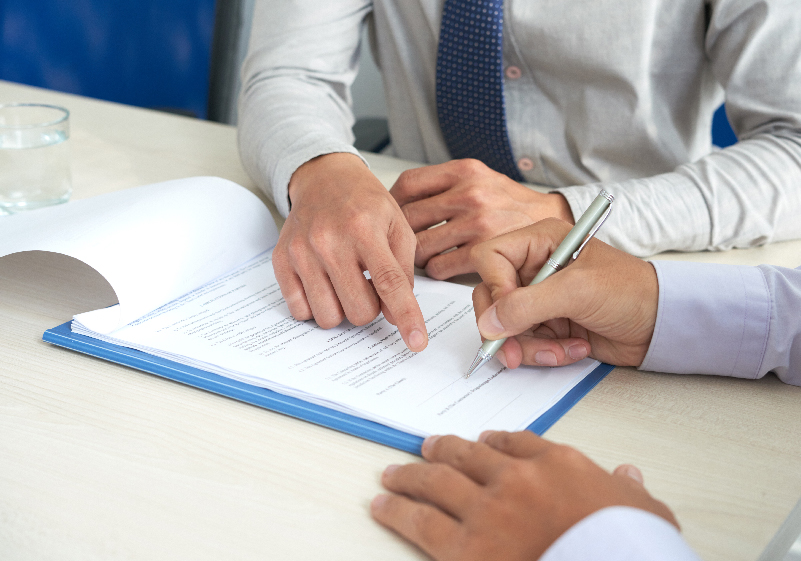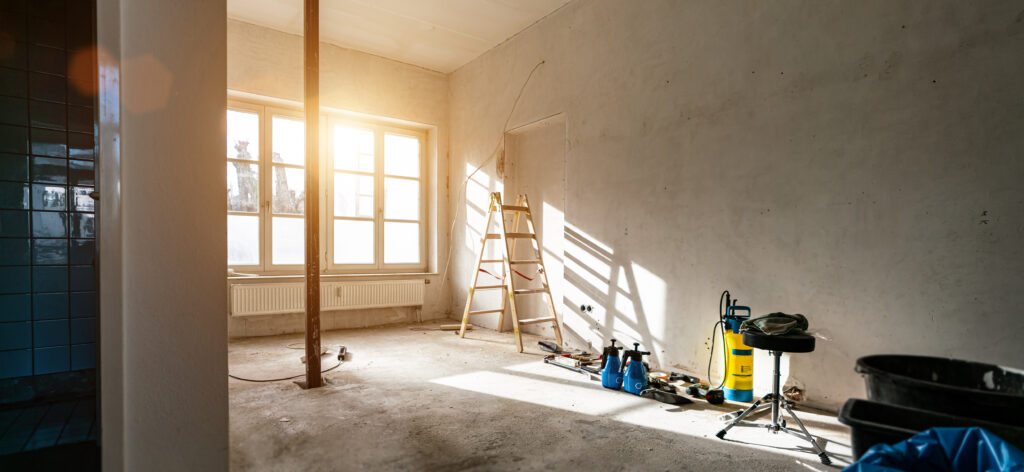As a commercial property tenant, there’s a lot to remember going into a new leasing agreement. While the process can be long and at times tedious, it’s important to understand everything within the agreement to ensure there are no gray areas that could cause issues further down the line. The last thing you’ll want to encounter are disagreements leading to lawsuits based on who is responsible for what. Therefore, it’s necessary to clearly outline all areas of the leasing agreement. Today, we’ll highlight the topics of repairs and maintenance, rent due dates and additional fees, and policies regarding breaking the lease, as these are the most important parts of the lease agreement.
Repairs & Maintenance
In your commercial lease agreement, one of the most important items to clearly define are the expectations for repairs and maintenance of the property. The owner of the commercial property should inform on a preferred method of contact for repair requests and for emergent needs of the property. Furthermore, it should be outlined as to what kind of repairs are considered emergent opposed to ones that can wait until the next business day.
The lease should also state what kind of repairs fall under normal wear and tear versus ones that will affect the return of your deposit fee. To expand upon this category, a list of the types of items that fall under each classification should be added to the terms and conditions. Along with this information should be an itemized list of the fees associated with replacement/repairs of items not included within the guidelines of normal wear and tear. This part of the leasing agreement will increase the overall clarity of the agreement as a legal document, helping you avoid future conflicts that could lead to lawsuits.
Lawn care is another item that is essential to outline in the lease agreement. Primarily, it is just necessary to inform the tenant to whom the responsibility of lawn care and treatment falls upon. If the property manager is responsible for coordinating lawn care services, it needs to be stated in writing… the same thing goes for the property’s owner. If the commercial property owner has taken on this task, it would be helpful if a lawn maintenance schedule were posted within the agreement as well. This way, the commercial property tenant can be in the loop as to what preservation efforts are being made to the environment from which they’re renting.
Rent & Additional Fees
The key portion of the rental agreement is the management, collection, and agreement of all parties as to when rent payments are due, along with the expectation of which day of the month the rent is due. Your agreement should also outline any penalties for late rent payments. Another significant portion of the lease is the inclusion of a fee schedule for any animals that may be brought onto the property. Although this scenario mainly applies to residential properties, this piece is important to highlight with a commercial property, as some people may bring emotional support animals with them to work. This would also be a good place to mention any animal restrictions such as bans on certain animal breeds or animals over a certain size.
Breaking the Lease
Another helpful component to recognize in your renter’s agreement is information regarding what happens if a tenant breaks their lease before the end of their original contract date. Should the lease need to be broken, it’s best practice for the property owner to try to rent out the unit as quickly as possible. Therefore, commercial property owners typically obtain an official notice to vacate letter from the tenant notating their last day on the premises. From there, it is standard practice to associate fees for breaking the leasing agreement. To get out of a lease early, it is standard practice to lose your rental deposit as a tenant to make up for the time it will take to re-rent the property out. If there is more than a month left on your leasing agreement, it’s possible that the property owner will charge you for the remaining months left on your original agreement. The laws on this vary from state-to-state, so it is highly encouraged that you as a commercial tenant or commercial property owner investigate your state’s laws dictating rental leasing agreements to know exactly what is and isn’t permitted by law in your locality.
For more information on commercial leasing agreements and many other interesting topics please be sure to follow: www.npicommercial.com/blog.



